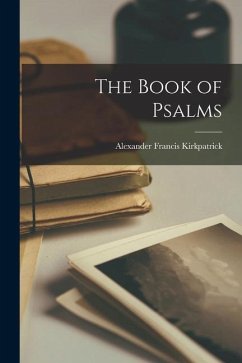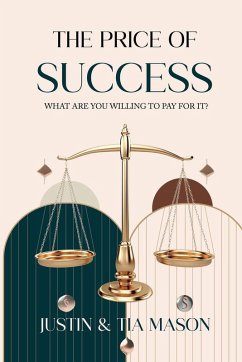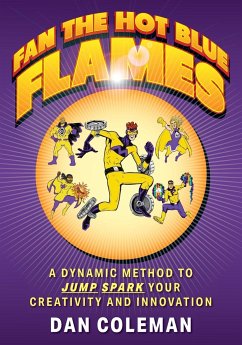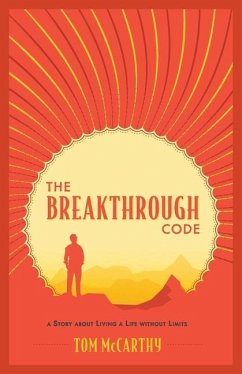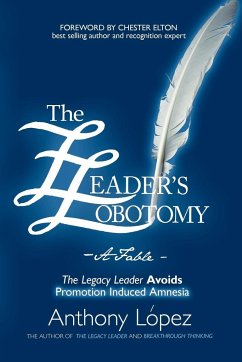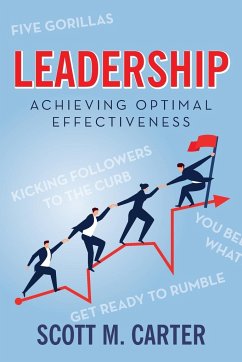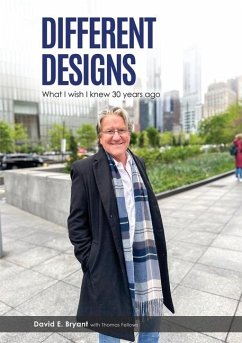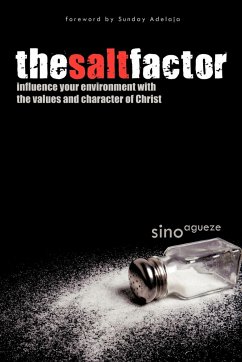
Reparations
Break the Poverty Cycle
Versandkostenfrei!
Versandfertig in über 4 Wochen
15,99 €
inkl. MwSt.

PAYBACK Punkte
8 °P sammeln!
Poverty! What is it? Poverty is a state or condition in which a person or community lacks the financial resources and other essentials for a minimum standard of living. Poverty is an individual concern as well as a broader social problem. No doubt this is the poverty that Dr. Martin Luther King spoke of when in his March on Washington speech he said, "But 100 years later, the colored American is still not free . . . . In a sense, we've come to our nation's capital to cash a check. This economic poverty continues to pain far too many citizens in our society. According to Forbes, higher levels o...
Poverty! What is it? Poverty is a state or condition in which a person or community lacks the financial resources and other essentials for a minimum standard of living. Poverty is an individual concern as well as a broader social problem. No doubt this is the poverty that Dr. Martin Luther King spoke of when in his March on Washington speech he said, "But 100 years later, the colored American is still not free . . . . In a sense, we've come to our nation's capital to cash a check. This economic poverty continues to pain far too many citizens in our society. According to Forbes, higher levels of marriage are strongly correlated with more state GDP per capita, greater levels of upward economic mobility, lower levels of child poverty, and higher median family incomes. Thus, poverty is the result of a confluence of factors, and not determined solely by income. We should eradicate poverty that is due to income. However, there is a more malignant poverty. Someone in the crowd asked Jesus to speak to a brother about a family inheritance dispute (Luke 12:13). Likely, greed had been the root cause of the dispute. Jesus excused himself from participating, and instead, warned them to be on guard against every form of greed (Luke 12:14-15a). In addition, He also informed them that life consisted of more than the abundance of possessions, But He said to them, "Beware, and be on your guard against every form of greed; for not even when one is affluent does his life consist of his possessions (Luke 12:15). He illustrated this point using the parable of the rich man whom God called a fool (Luke 12:16-21). This man had lived as if life consisted of the abundance of his possessions. Jesus told this parable to teach that earthly wealth minus God equals eternal poverty. Fools who talk to themselves fail to realize that earthly wealth minus God equals eternal poverty. They tell themselves how much they own (Luke 12:19b) and they tell themselves how long they will own it (Luke 12:19c). Fools who fail to listen to God fail to realize that earthly wealth minus God equals eternal poverty. God tells them how little they own for even their soul is required of them (Luke 12:20) and He tells them how little time they have to own it, this night, ... who will own what you have prepared (Luke 12:20). When we eliminate eternal poverty we might very well do a better job at eliminating economic poverty. Bankrupt instructions will lead to poverty. In the absence of quality instructions quality of life never improves. How meticulously well you follow the instructions is key to reaping great rewards. The quality of your following instructions also helps to produce the quality of life that you will enjoy. However, there is a more malignant poverty as illustrated in the Jesus's warning to the rich man



